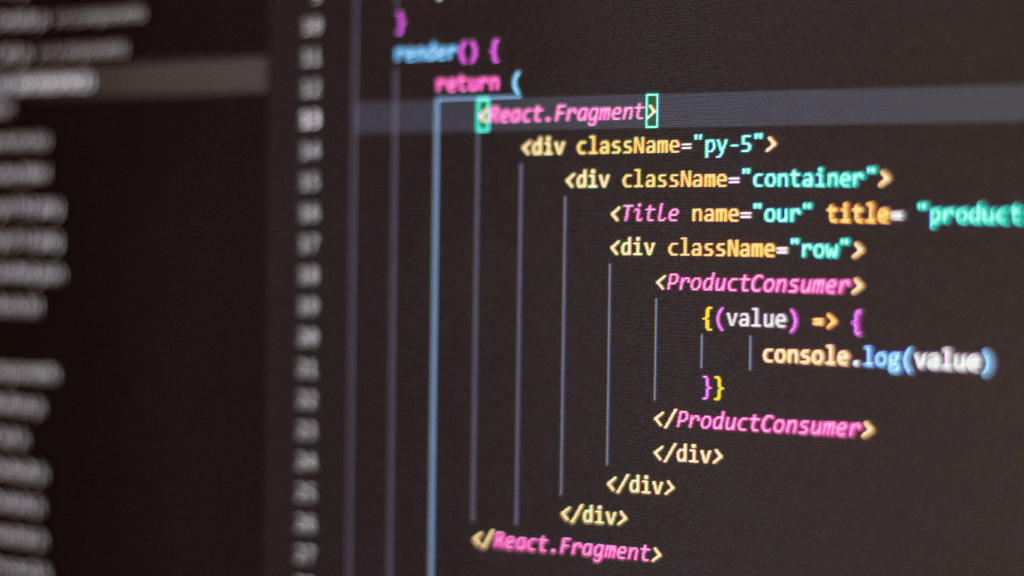In the realm of betting and predictive analytics, machine learning stands as a game-changer, revolutionizing the way accurate betting models are developed. Leveraging complex algorithms and vast data sets, machine learning algorithms have the power to uncover patterns and trends that human analysis may overlook. As a passionate advocate for the fusion of technology and sports betting, I’ve witnessed firsthand the transformative impact of machine learning on the accuracy and efficiency of betting models.
Through this article, I’ll delve into the pivotal role that machine learning plays in shaping the future of betting strategies. From predictive modeling to risk assessment, the integration of machine learning algorithms has reshaped the landscape of sports betting, offering unparalleled insights and predictive capabilities. Join me on this journey as we explore the fascinating intersection of machine learning and accurate betting models.
The Role of Machine Learning in Developing Accurate Betting Models
Exploring the realm of accurate betting models unveils the pivotal role of machine learning in revolutionizing the landscape of sports betting and predictive analytics. Leveraging intricate algorithms and massive data sets, machine learning unveils patterns and trends that often elude human analysis. This transformative technology enhances the precision and efficiency of betting models, thereby reshaping predictive modeling, refining risk assessment, and offering invaluable insights for optimizing sports betting strategies.
Incorporating machine learning into the development of betting models unlocks a realm of possibilities, enriching the predictive analytics arena with unprecedented accuracy and foresight. It empowers me to delve deep into data analysis, uncover hidden correlations, and refine forecasting models for enhanced performance. The adaptive nature of machine learning algorithms continuously refines these models, ensuring they stay abreast of dynamic market trends and evolving patterns.
The integration of machine learning algorithms empowers me to enhance the sophistication of betting models, enabling precise outcome predictions through comprehensive data analysis. By harnessing historical data, real-time information, and complex statistical algorithms, machine learning enables me to extract valuable insights, make informed decisions, and maximize the accuracy of betting strategies. This fusion of data-driven intelligence and predictive analytics creates a powerful synergy that drives the evolution of accurate betting models in the competitive landscape of sports betting.
Benefits of Using Machine Learning in Betting Models
I can’t deny the numerous advantages that machine learning brings to the table when it comes to improving betting models. Let’s delve into how this technology enhances prediction accuracy and refines risk management strategies.
Improved Prediction Accuracy
When I incorporate machine learning into betting models, I notice a significant boost in prediction accuracy. Through the analysis of extensive data sets using sophisticated algorithms, machine learning can uncover intricate patterns and trends that may elude manual examination. By leveraging these insights, betting models can make more precise predictions, giving me an edge in the competitive world of sports betting.
Enhanced Risk Management
Another notable benefit of integrating machine learning into betting models is the improved risk management it offers. By delving deep into data analysis and identifying hidden correlations, machine learning enables me to refine my forecasting models effectively. This refinement not only bolsters the accuracy of predictions but also assists in managing risks more efficiently. With real-time updates on market trends and evolving patterns, I can make informed decisions that mitigate potential risks and enhance overall performance in sports betting strategies.
Challenges Faced in Implementing Machine Learning in Betting Models
Implementing machine learning in betting models comes with its own set of challenges that need to be addressed for successful integration and optimization of predictive analytics. Here, I’ll outline some of the key obstacles faced in leveraging machine learning for developing accurate betting models:
- Data Quality and Quantity: One of the primary challenges in implementing machine learning in betting models is ensuring the availability of high-quality and sufficient data. It’s essential to have access to comprehensive and accurate data sets to train the models effectively. Inadequate or poor-quality data can lead to biased outcomes and inaccurate predictions.
- Overfitting and Underfitting: Balancing the complexity of machine learning models is crucial to avoid overfitting or underfitting. Overfitting occurs when a model is excessively complex and performs well on training data but fails to generalize to new data. On the other hand, underfitting happens when a model is too simple to capture the underlying patterns in the data, resulting in poor predictive performance.
- Feature Selection and Engineering: Selecting relevant features and engineering them appropriately is essential for the success of machine learning models in betting. Identifying the right variables that contribute to predictive accuracy and transforming them effectively can significantly impact the model’s performance. Poor feature selection can lead to model inefficiencies and inaccurate predictions.
- Model Interpretability: Ensuring the interpretability of machine learning models is another challenge faced in the betting domain. Understanding how the models arrive at their predictions is crucial for building trust and confidence in their outcomes. Black-box models may provide accurate predictions, but lack of transparency can be a hindrance in the decision-making process.
- Real-Time Updates: Keeping betting models up-to-date with real-time data and market trends is essential for maintaining their predictive accuracy. Implementing systems that can process and analyze new information promptly is a challenge, especially in dynamic betting environments where rapid decisions are required based on the latest data.
By addressing these challenges effectively, I can enhance the implementation of machine learning in betting models and improve the accuracy and efficiency of predictive analytics in sports betting strategies.
Best Practices for Leveraging Machine Learning in Betting Models
In leveraging machine learning for betting models, I find that adhering to best practices is crucial for optimal performance and accuracy. Here are some key strategies to consider:
- Data Quality Assurance: Ensuring the integrity and quality of the data used is paramount. I always prioritize clean, accurate, and relevant data to train machine learning models effectively.
- Feature Engineering Excellence: Crafting meaningful features from data is essential for model performance. I focus on identifying and selecting relevant features that contribute significantly to predictive capabilities.
- Model Interpretability and Transparency: Striving for models that are interpretable is vital in the realm of betting. I aim to develop models that provide insights into the decision-making process, ensuring transparency and trustworthiness.
- Regular Model Updating: Continuous model updates are essential to stay abreast of changing trends and dynamics in the betting domain. I prioritize regular model retraining to maintain accuracy and relevance.
- Risk Management Optimization: Effective risk management is key to sustainable betting strategies. I employ machine learning techniques to optimize risk assessment, ensuring prudent decision-making and resource allocation.
By following these best practices, I enhance the effectiveness and efficiency of machine learning in developing accurate betting models, leading to improved predictive analytics outcomes.


 Elaine Shippsters serves as the tech innovator behind Betting Edge Brite, leading the charge in integrating AI and advanced technology into the platform's core functionality. With a background in software engineering, Elaine has played an instrumental role in developing the technical infrastructure that powers Betting Edge Brite’s AI-driven predictions and betting algorithms. Her contributions have allowed the platform to leverage cutting-edge technology, offering users sophisticated tools to stay ahead of the game. Elaine’s work ensures that Betting Edge Brite remains at the forefront of innovation in the betting industry.
Elaine Shippsters serves as the tech innovator behind Betting Edge Brite, leading the charge in integrating AI and advanced technology into the platform's core functionality. With a background in software engineering, Elaine has played an instrumental role in developing the technical infrastructure that powers Betting Edge Brite’s AI-driven predictions and betting algorithms. Her contributions have allowed the platform to leverage cutting-edge technology, offering users sophisticated tools to stay ahead of the game. Elaine’s work ensures that Betting Edge Brite remains at the forefront of innovation in the betting industry.